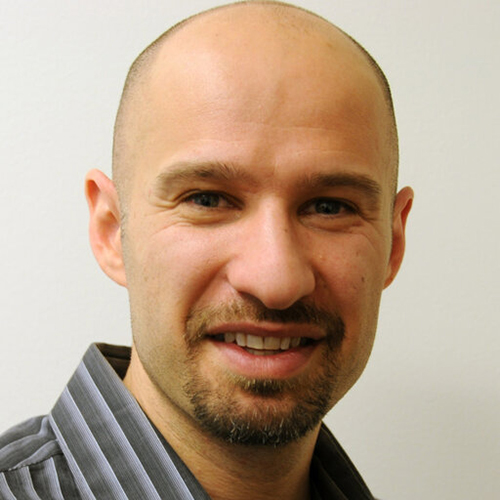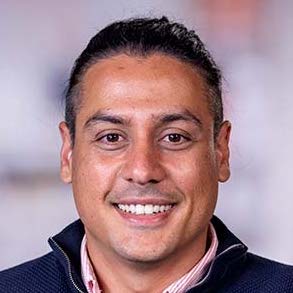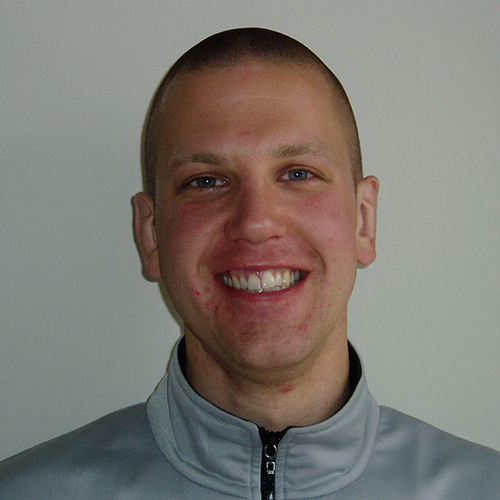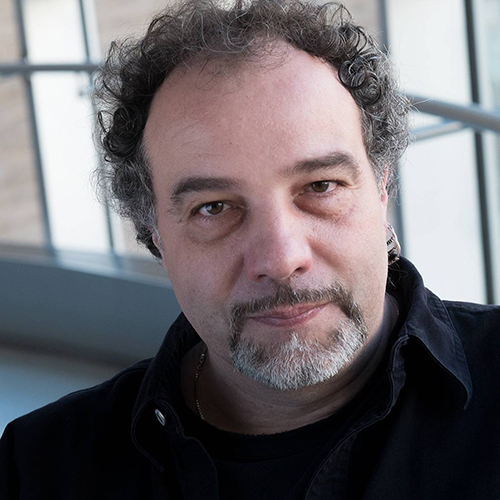
Ronen Sumagin, PhD
Associate Professor, Northwestern University, Former Grantee
The Sumagin lab is exploring the roles of innate immune cells in regulating intestinal homeostasis, wound healing, host pathogen interactions and cancer development. They are using various approaches to study leukocyte trafficking in mucosal tissues.

Garth Swanson, MD
Professor, Medical University of South Carolina, Current Grantee
Dr. Swanson’s research focuses on understanding the mechanisms of intestinal barrier homeostasis that drive IBD, and how environmental factors like circadian misalignment and alcohol impact intestinal barrier permeability.

Jhimmy Talbot, PhD
Assistant Professor, Fred Hutchinson Cancer Research Center, Current Grantee
The Talbot lab investigates how food and microbes are sensed by neurons in the gut and their influence on immunity, nutrition, and metabolism.

Christoph Thaiss, PhD
Assistant Professor, University of Pennsylvania, Current Grantee
The ThaissLab is interested in understanding the environmental impacts on human physiology. Deciphering the role of environmental and lifestyle elements will transform the ability to decode host-environment circuits that regulate physiology.

Mark Travis, PhD
Professor, University of Manchester, Current Grantee
Dr. Travis aims to identify key cells and molecules that control immune responses in health and disease. He is focused on how myeloid cells control immune reactions in the intestine to understand what goes wrong during IBD and infections of the gut.

Thomas Walz, PhD
Professor, Rockefeller University, Former Grantee
The Walz laboratory uses molecular electron microscopy to study macromolecular complexes and membrane proteins in a lipid environment. Their research focuses on membrane proteins and biological membrane-related processes, such as vesicular transport.
